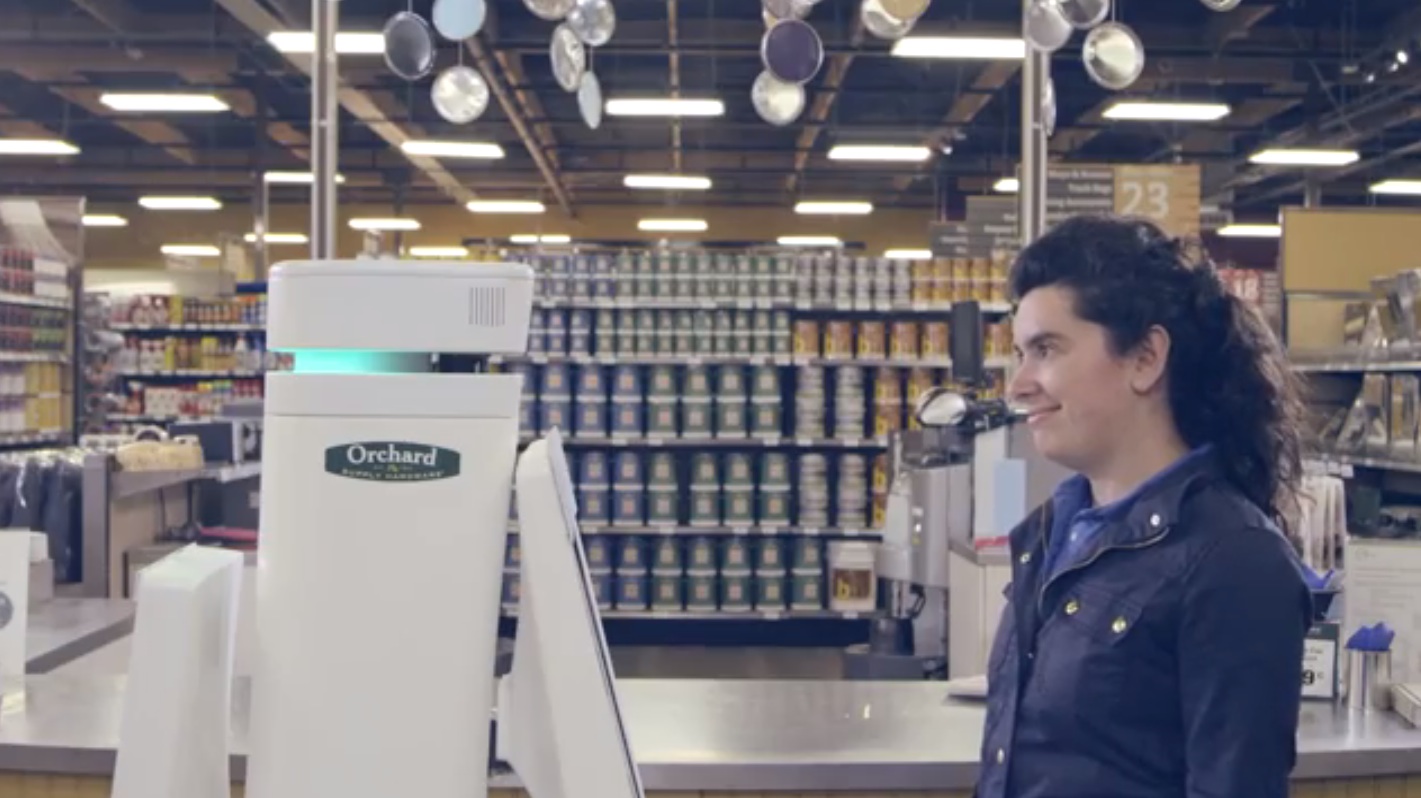Mere consumerism can’t explain the whole of innovation, as I’ve mentioned. Cool gadgets you can slide into your pocket are good things, but they’re not everything.
Silicon Valley’s investment in smartphones and social media is tapering, as Artificial Intelligence, from driverless cars to robot workers, has, urged on by Deep Learning, come into fashion, writes John Markoff of the New York Times. Is it all a bubble? Probably somewhat, but a lot of actual foundation can be laid during such a time of exuberance.
In Markoff’s book Machine of Loving Grace, he held that we could make a conscious choice between A.I. and Intelligence Augmentation, but when different companies and countries are competing with so much on the line, such questions often answer themselves.
An excerpt:
In the most recent shift, the A.I. idea emerged first in Canada in the work of cognitive scientists and computer scientists like Geoffrey Hinton, Yoshua Bengio and Yann LeCun during the previous decade. The three helped pioneer a new approach to deep learning, a machine learning method that is highly effective for pattern recognition challenges like vision and speech. Modeled on a general understanding of how the human brain works, it has helped technologists make rapid progress in a wide range of A.I. fields.
How far the A.I. boom will go is hotly debated. For some technologists, today’s technical advances are laying the groundwork for truly brilliant machines that will soon have human-level intelligence.
Yet Silicon Valley has faced false starts with A.I. before. During the 1980s, an earlier generation of entrepreneurs also believed that artificial intelligence was the wave of the future, leading to a flurry of start-ups. Their products offered little business value at the time, and so the commercial enthusiasm ended in disappointment, leading to a period now referred to as the “A.I. Winter.”
The current resurgence will not fall short this time, said several investors, who believe that the economic potential in terms of new efficiency and new applications is strong.
“There is no chance of a new winter,” said Shivon Zilis, an investor at Bloomberg Beta who specializes in machine intelligence start-ups.•

